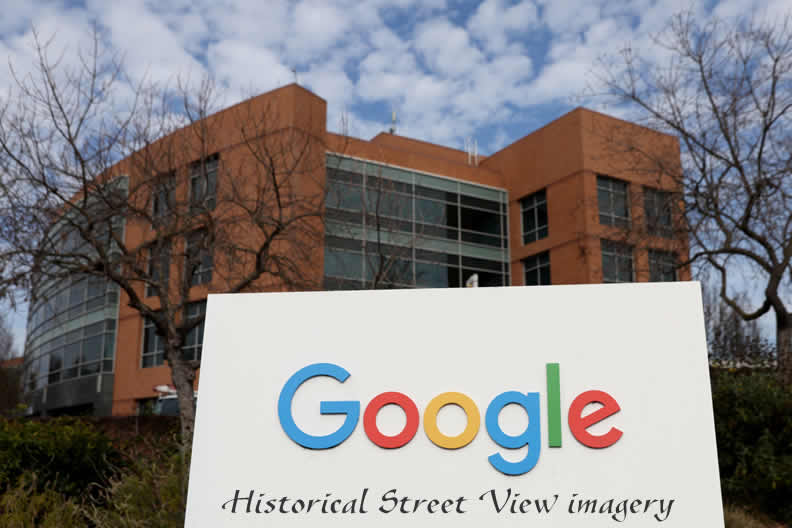The U.S. Department of Justice (DOJ), under the Trump administration, has escalated its antitrust battle against Big Tech by formally urging Google to divest its Chrome browser, according to a Adweek exclusive. This unprecedented demand marks the first time regulators have targeted a core web infrastructure product in modern antitrust history.
Sources familiar with the DOJ filing reveal that prosecutors argue Chrome’s dominance—controlling 65% of the global browser market—gives Google “unchecked power” to manipulate web standards, suppress rivals, and entrench its advertising monopoly. “Chrome is the linchpin of Google’s ecosystem,” said Assistant Attorney General Jonathan Kanter. “Its control over both the browser and search markets creates an unbreakable cycle of anti-competitive behavior.”

Google immediately pushed back, calling the demand “legally baseless and technologically illiterate.” In a statement to Adweek, Kent Walker, President of Global Affairs, warned: “Forcing a Chrome spin-off would destabilize internet security frameworks that billions rely on. This isn’t about competition—it’s about dismantling American tech leadership.”
Legal experts are divided. Professor Eleanor Fox of NYU Law told Adweek: “The DOJ is testing novel theories here. While Chrome’s market share is undeniable, proving its standalone divestiture remedies harm requires redefining antitrust precedents set since the Microsoft case.” Others note the timing—the demand comes as Chrome phases out third-party cookies, a shift expected to consolidate Google’s ad targeting capabilities.
Industry analysts highlight ripple effects:
- Microsoft Edge and Apple Safari teams are reportedly accelerating privacy-focused browser updates
- Ad tech stocks plummeted on the news, with Trade Desk shares dropping 7% intraday
- Congressional leaders plan hearings to debate “browser neutrality” legislation
Despite the fireworks, antitrust scholar Dina Srinivasan cautioned: “Even if Chrome is spun off, Google still controls Chromium, the open-source project underpinning 90% of browsers. This feels like pruning weeds instead of uprooting them.”




